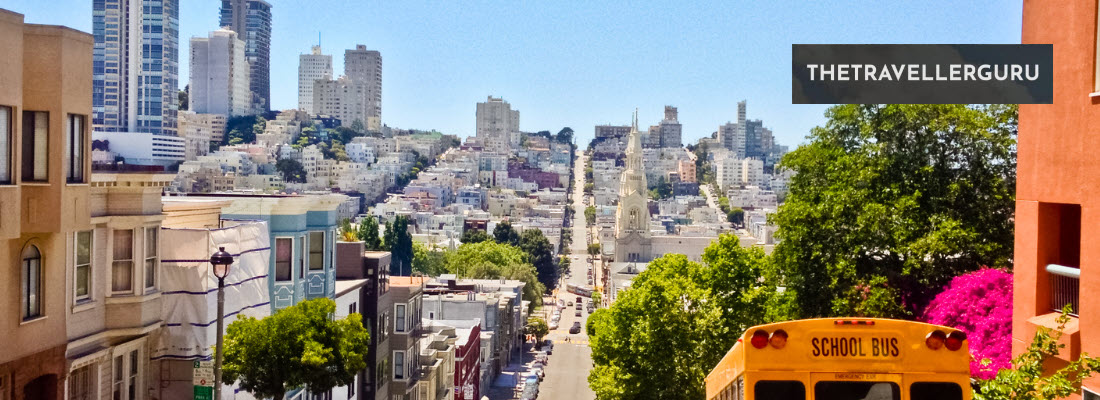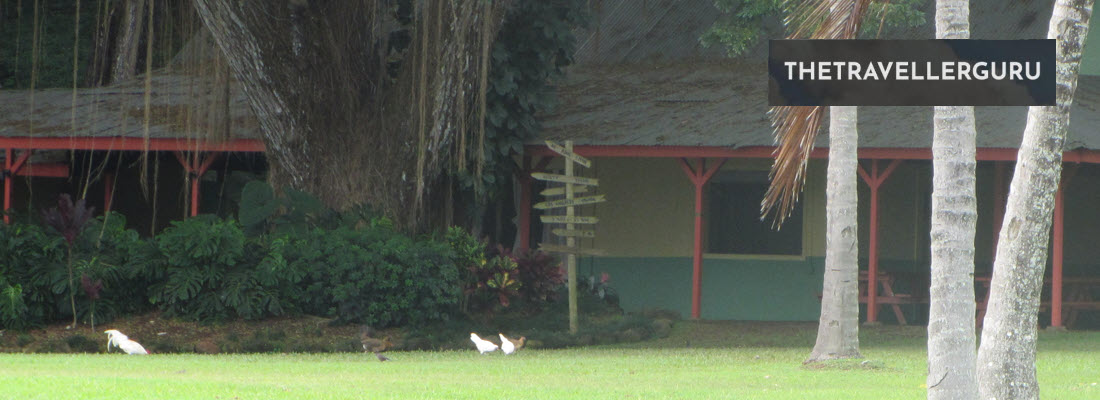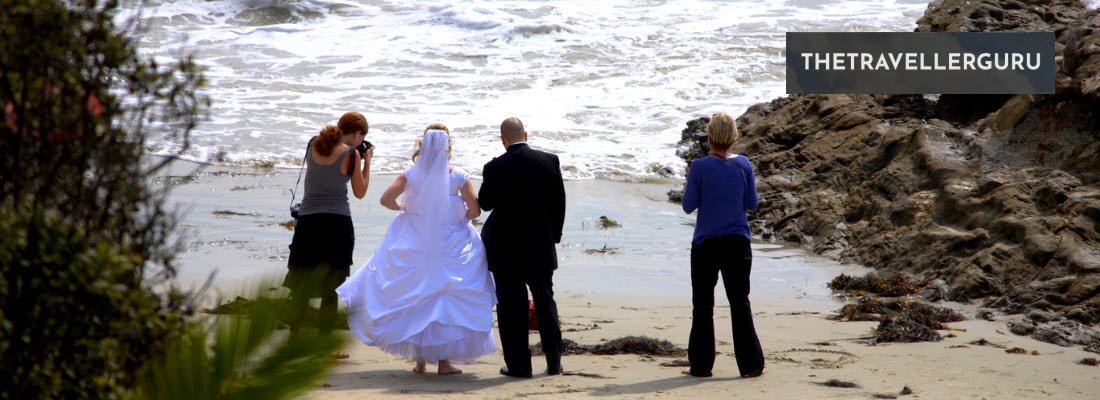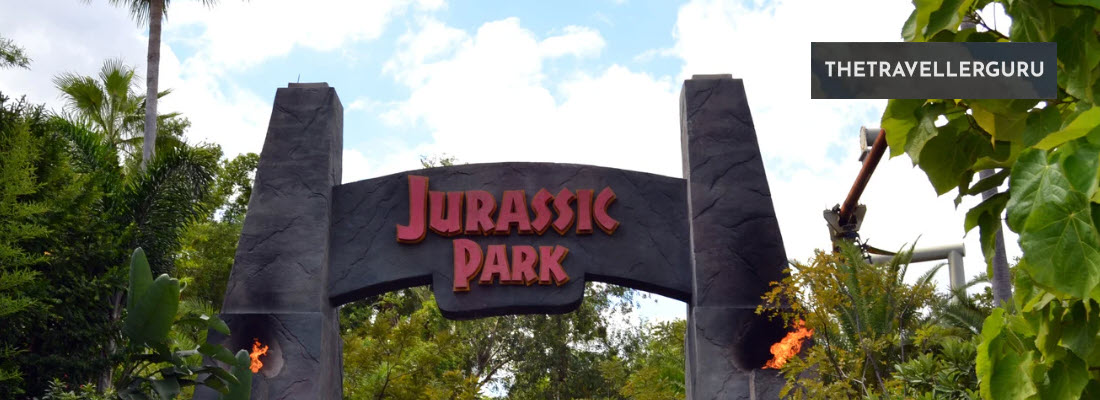In August 2023, the West Maui fires in Hawaii made headlines around the world. The fires, which started on August 7, quickly spread and burned over 100,000 acres of land. The fires were finally contained on August 20, after causing extensive damage and displacing thousands of people.
As someone who lives in Australia where bushfires are a constant threat, and a frequent visitor to Hawaii, I did watch the events closely and with great empathy for those affected. I can also speak from experience when I say that often the aftermath can be just as emotional and heart breaking as the fires themselves.
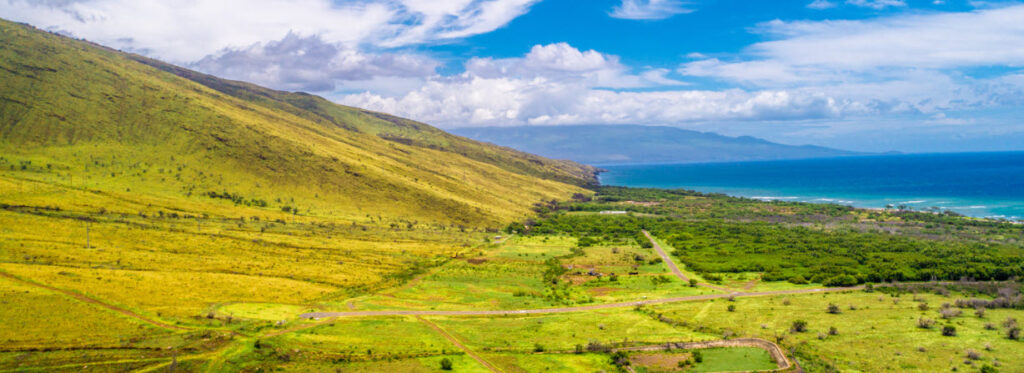
West Maui Fires and Reopening
As with and natural disaster, especially in areas that rely so much on tourism, there is always pressure to reopen to visitors as soon as possible – both in terms of the economy and healing. However, as travel to Maui fully reopens, it is important to note that the nearly 6,800 wildfire survivors being housed in nearly 40 Maui hotels will continue to be prioritized.
The American Red Cross and State of Hawaii are working together to negotiate extensions and contract details with multiple hotel groups to ensure that all survivors have appropriate transitional housing solutions. As long as hotels continue to make rooms available at reasonable costs, the non-congregate sheltering operation will remain in place until all survivors have found suitable housing.
Meaning for Visitors
While the island welcomes visitors, it is important to be respectful and sensitive to the devastating tragedy that West Maui has recently experienced. The Hawaii Tourism Authority has been distributing flyers and videos with advice for tourists on how to be compassionate travelers when visiting the island in the aftermath of the wildfire.
Here then are some of the best ways to remain respectful and supportive while enjoying your time in West Maui.
1. Be Understanding
Maui’s hospitality standards are top-notch, but due to recent events, some services may not be up to their usual standards. Be patient and gracious when dealing with service delays and imperfections. Many West Maui restaurants, tour companies, lodging rentals, shops and other hospitality venues are still recovering from recent events, which may result in fewer options.
Additionally, most workers are still grieving, so it’s essential to exercise empathy when interacting with anyone and everyone. Remember that understanding and kindness go a long way in making your trip pleasant for everyone involved.
2. Put Your Dollars into the Local Community
When traveling to Maui, it is crucial to support local businesses as they are struggling with lower visitor numbers. According to a September report from the University of Hawaii Economic Research Organization, the jobless rate has surged, and Maui’s unemployment is forecasted to soar above 11% in the fourth quarter of 2023.
By putting money back into these businesses, you can help save livelihoods. To facilitate this, officials have created Maui Nui First, an online database of local Maui businesses that visitors can patronize. The database includes restaurants, hotels, shops, tour companies, art galleries and more. By supporting these businesses, you can help the local community thrive.
3. Volunteer—but only when and where it’s appropriate
Volunteering your time and resources can be a great way to support communities on the island and add meaning to your trip. However, as has happened many time here after natural disasters, it’s important to do your research and ensure that you’re not being a burden.
The Hawaii Tourism Authority advises against hosting uninvited volunteers for direct recovery work, as it may be difficult at this time. Instead, check out Maui Nui Strong’s online database for initiatives that are requesting volunteers and donations. Be sure to only volunteer where and when it’s appropriate.
4. Stay Away from Still-Restricted Lahaina Town
Tourists are advised to avoid Lahaina Town, which remains closed due to hazardous conditions caused by the recent wildfire. The Hawaii Tourism Authority (HTA) advises visitors not to enter the town or take photos of the area, even from a distance, out of respect for the privacy of survivors and those who lost their lives.
The debris contains toxins that bystanders could inhale posing a risk to their health as well.
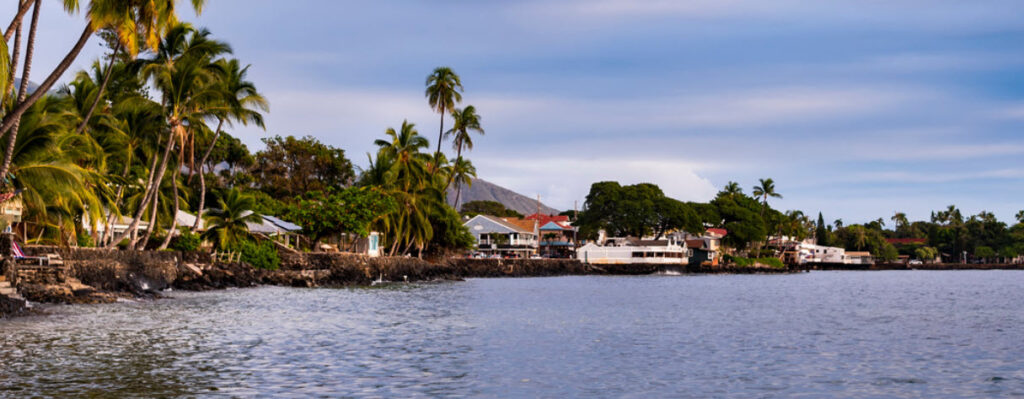
5. Refrain from discussing the wildfire with locals
As with any trauma, some like to talk ad some don’t. So whilst it may seem natural to show empathy and ask residents about how the fires affected them, try and resist prying or asking intrusive questions regarding the catastrophe unless invited by the person you are talking to do so.
The Hawaii Tourism Authority (HTA) recommends avoiding questions about a resident’s personal experience with the disaster, as many survivors may not be ready to share their experiences with others. Even a well-intended question such as “Were you impacted by the fire?” may be too sensitive. Therefore, it’s best to err on the side of caution and keep conversation topics elsewhere.
6. Be Compassionate to Residents Who Are Still Grieving
If you come across a private gathering or memorial service, leave the area immediately. Do not take photos or videos and respect the gathered survivors and residents. It may seem like common sense, but it is essential to show empathy and understanding towards those who have suffered a loss.
Conclusion
Maui’s recovery is predicted to be slow, with visitor arrivals estimated to reach just 80% of last year’s levels by the end of 2024. This is due to continued temporary housing needs and lingering reluctance of some travelers. Therefore, it is crucial to be a sensitive and mindful tourist in the Hawaiian Islands, especially during these challenging times.
In conclusion, while it is important to support the local tourism industry, it is equally important to be respectful and compassionate towards residents who are still grieving. By doing so, we can help to make their recovery process a little bit easier.

